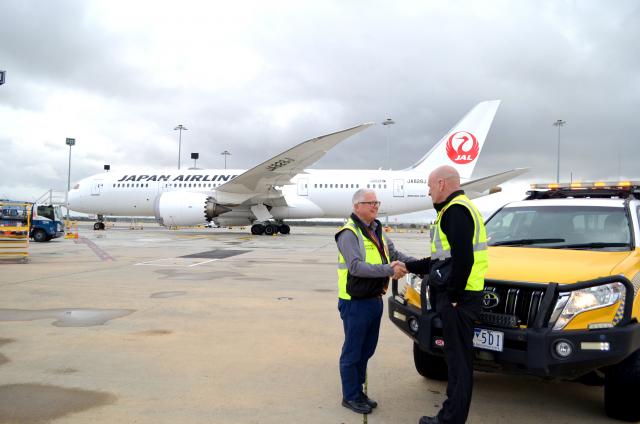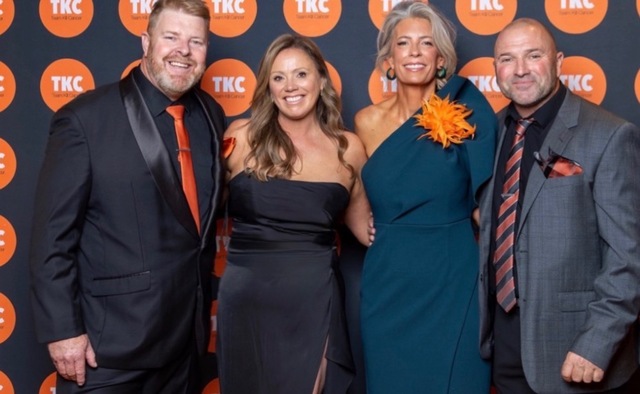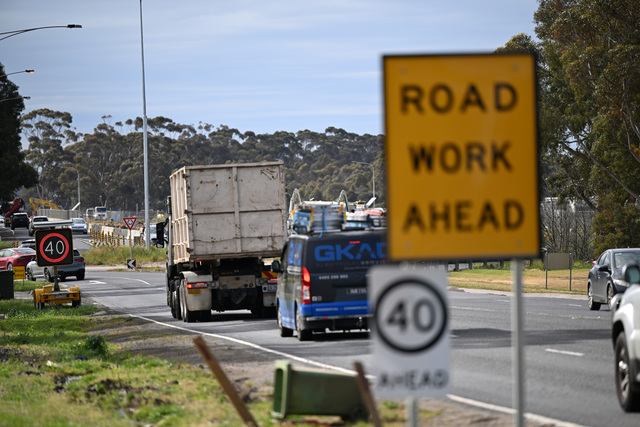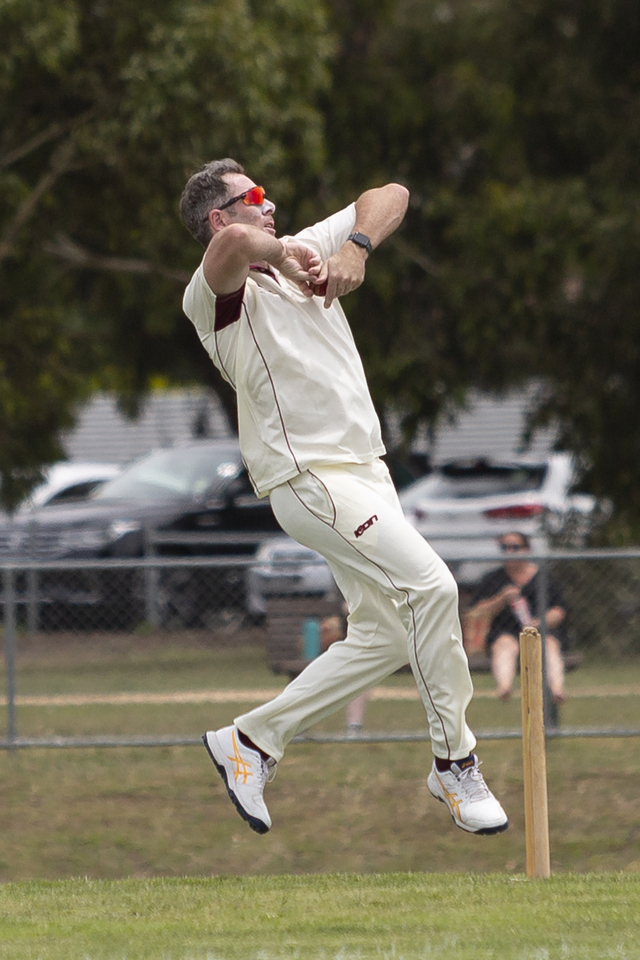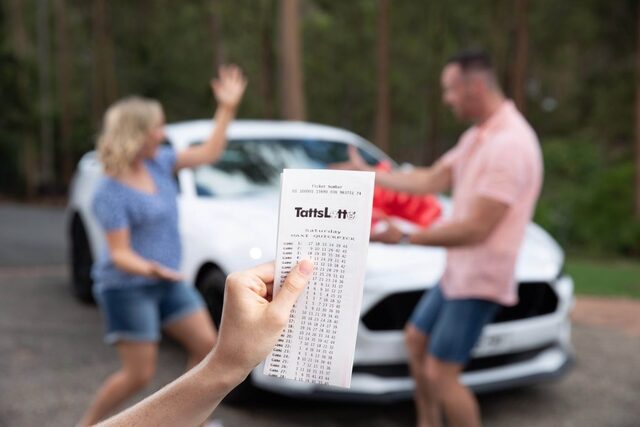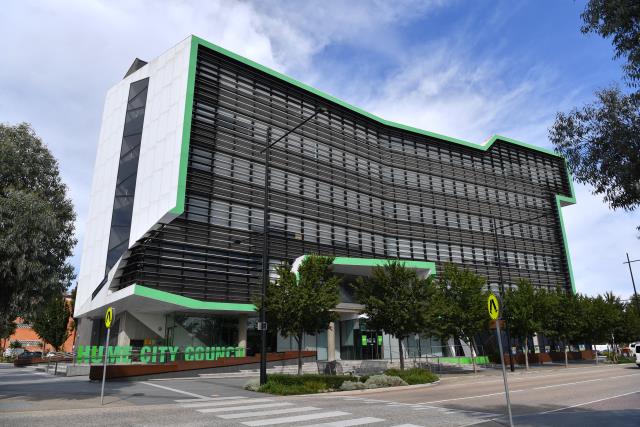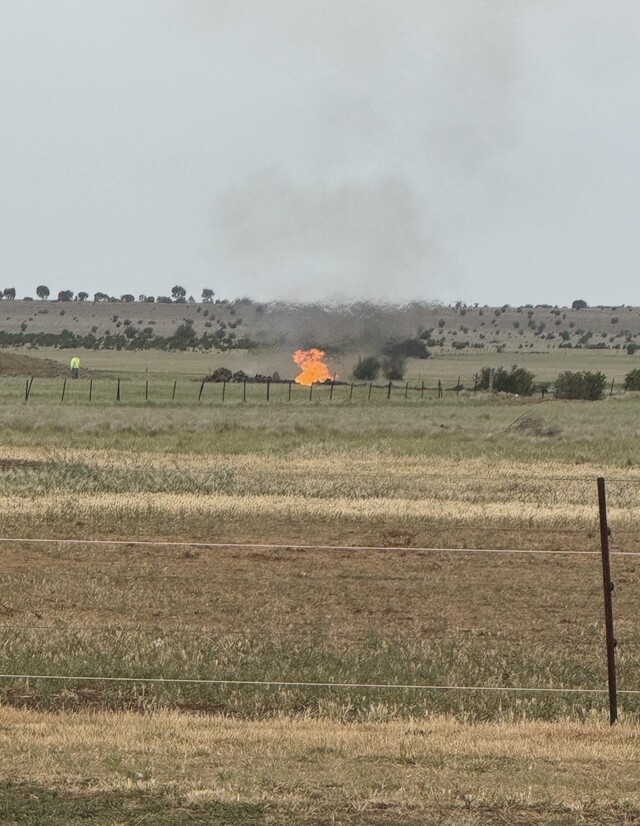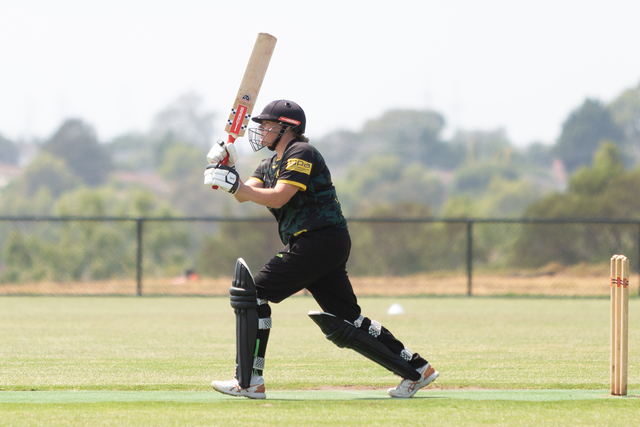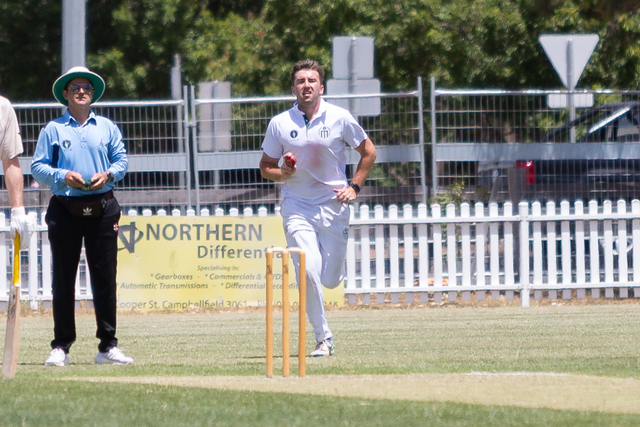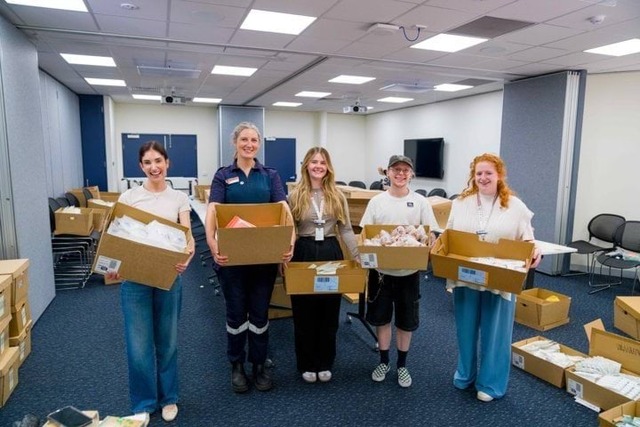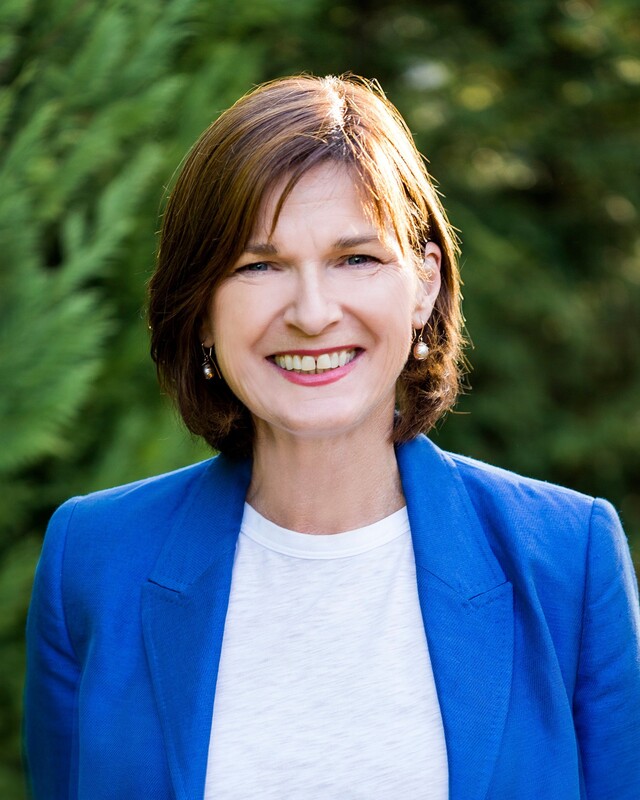Whittlesea has some of the highest-earning pokie venues in the state.
People who live there spend, on average, $200 a year more on electronic gaming machines than the state average, sinking more than $93 million into “one-armed bandits” last year, after more than $100 million in 2011-12.
When the Reverend Glynis Dickins moved to Laurimer from Mitcham five years ago, she had never seen so many gambling outlets.
Last week she asked “why” in one of the final questions from the floor put to a Whittlesea Interagency Taskforce on Gambling (WITOG) inter-faith community forum at South Morang.
Mrs Dickins was well-known to those there. In 2010, she spearheaded a community campaign against a Victorian Commission for Gambling Regulation decision to grant a licence for 40 gaming machines to Laurimar Tavern, to be sited in the Delfin Laurimar estate.
Her group won at its appeal to the Victorian Civil and Administrative Tribunal in what has become a hallmark case for the responsible gambling lobby.
“They are so unevenly distributed,” Mrs Dickins said of pokie distribution, noting Whittlesea was among the top-five areas in Victoria in terms of gaming machine numbers. Correlated with that was its lower socio-economic profile.
More than 50 people turned up to the midweek forum, chaired by Community Connections chief executive Jemal Ahmet and featuring guest speakers including Victorian-InterChurch Gambling Taskforce chair Mark Zirnsak, Whittlesea council chief executive David Turnbull, and Dr Susan Rennie, the regional adviser on the prevention of gambling-related harm.
Dr Rennie told the forum most people in Whittlesea could access poker machines within 2.5 kilometres of their home, while the overall picture of problem gambling also took in losses at the casino, on horses, through internet betting and lotteries.
“Two-thirds of all problem gambling comes from pokies,” Dr Rennie said.
Dr Zirnsak outlined the difficulties in arguing against the granting of new licences, such as those experienced at Romsey earlier this year.
“It’s generally accepted that pokies cause some level of harm,” Dr Zirnsak said. “But you’ve got to prove ‘abnormal’ harm. That’s an odd argument to have to mount.”
New Zealand, he told the forum, had seen a significant drop in gambling addiction and problems as a result of policies emphasising harm-minimisation measures and empowering local government to act on local conditions.
“Gambling reform is a long-term battle,”
Dr Zirnsak said, pointing to the successful 16-year campaign to get automatic teller machines out of easy reach of problem gamblers.
WITOG is a partnership dealing with local impacts of problem gambling. It incorporates Whittlesea Community Connections, Plenty Valley Community Health, Kildonan UnitingCare, Salvation Army Crossroads, Neami National and Hume Whittlesea Primary Care Partnership.
WITOG was set up in December last year after the collapse of the council-run Whittlesea Responsible Gaming Forum, which tried for almost a decade to bring venue operators and social support agencies together to work on problem areas.


